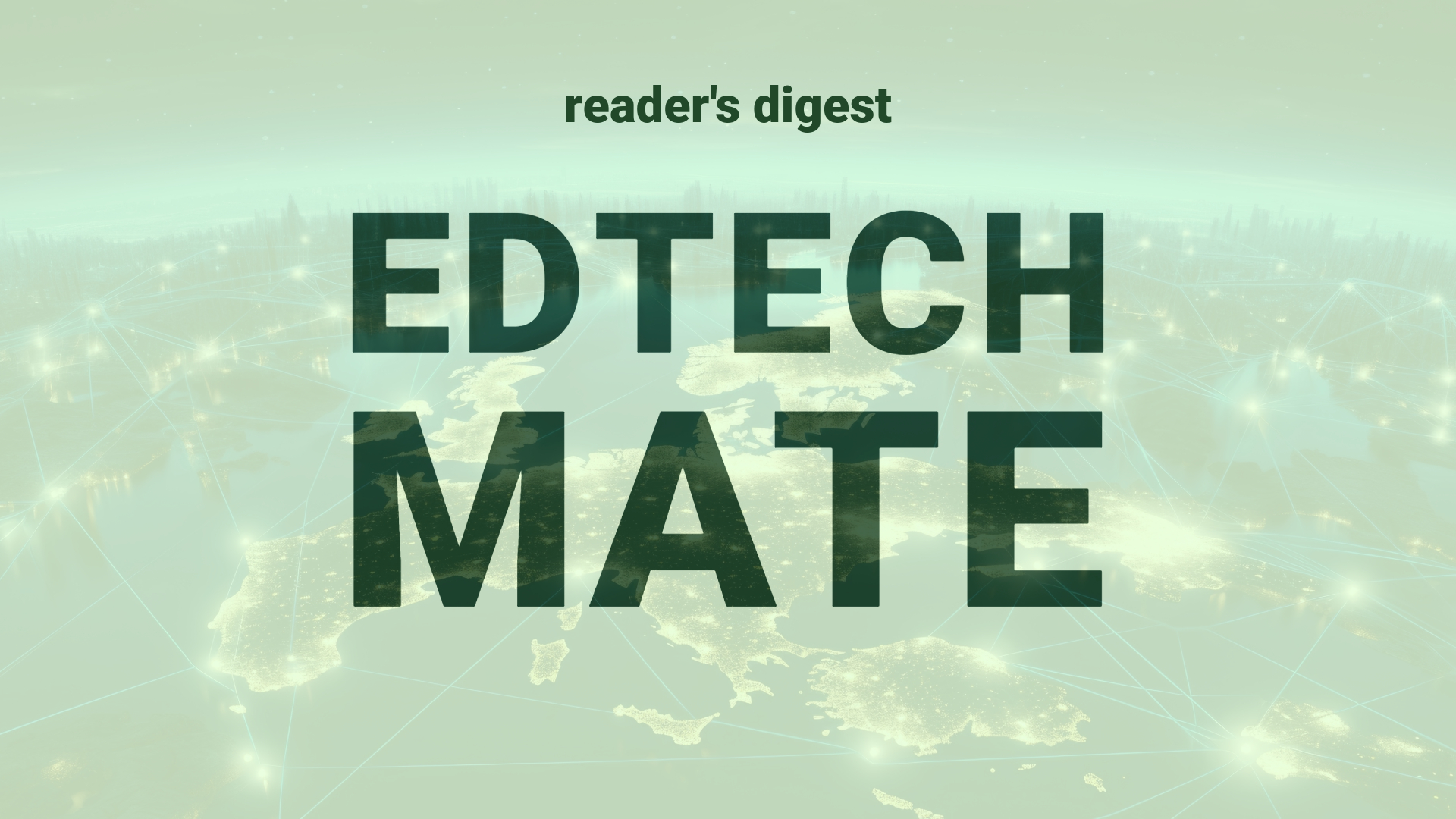Executive Summary and Main Points
In addressing the phenomenon known as the “second year slump” among PhD students, key strategies for overcoming this academic hurdle are outlined. Suffering from a decrease in novelty and increased pressure to produce tangible results, students may encounter a significant dip in motivation and excitement during their second year. The five main approaches to combat this slump include recognizing the temporary nature of the slump, meticulous planning for small progressive steps, open communication with supervisors for support, engaging in complementary skill development for enjoyment and professional growth, and striving for a balanced life that prioritizes personal well-being to sustain productivity.
Potential Impact in the Education Sector
As PhD programs form part of the crux in Further and Higher Education, recognizing and addressing the second year slump can lead to the improvement of doctoral training quality and mental health support services. Implementing these strategies may enhance student retention and success rates. In the field of Micro-credentials, understanding the slump could guide structured, engaging content development and strategic support networks. The focus on personal well-being and tailored skill enhancement aligns with the digitalization and modularized learning approaches becoming prevalent in higher education.
Potential Applicability in the Education Sector
Adopting AI and digital tools within global education systems can potentially offer personalized learning experiences that align with the outlined strategies. AI-driven analytics could identify students at risk of a slump, offering tailored support. Digital platforms could facilitate mentor-student communication and provide engaging skill-building modules to maintain novelty and continued professional development, thus boosting student morale and persistence through challenging phases of their education.
Criticism and Potential Shortfalls
While the strategies provided are valuable, they may not account for the diverse cultural and ethical implications across global higher education landscapes. One-size-fits-all solutions may not translate effectively into different educational contexts, and what is considered a balance or appropriate student-supervisor communication can vary widely. Moreover, excessive focus on personal balance and complementary skills could distract from core thesis work if not managed properly. Comparative case studies should be evaluated to identify culturally sensitive and contextually suitable practices.
Actionable Recommendations
To implement these technologies effectively in higher education, leadership should consider a holistic approach that includes: creating structured support programs that span the PhD journey, training supervisors in mental health awareness and effective communication, integrating AI-based progress tracking tools, and promoting a learning environment that values balanced living. Additionally, micro-credentialing platforms should provide courses on coping strategies for academic pressures. These considerations will assist in fostering resilience and maintaining the mental well-being of PhD candidates amidst the rigors of their research pursuits.

